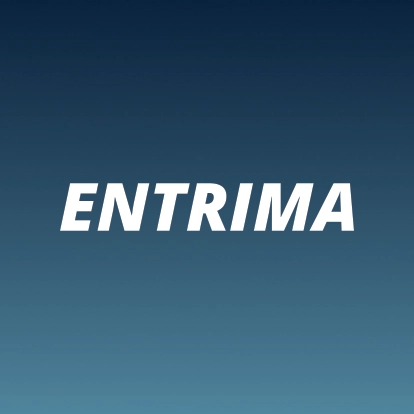Options can be used to create an exposure (and, thus, to speculate), but, alternatively, they can be applied as an instrument to hedge an exposure.
Example:
An electricity producer in continental Europe owns a coal-fired power plant. This party has an exposure to the fuel which it needs to source, as well as to the electricity which it can (or is likely to) generate and will sell consequently. The fuel exposure can be hedged by buying a futures contract with coal as underlying value at, say, 79.55 US dollar per tonne, and therewith obliging oneself to take delivery of coal at 79.55, but -alternatively- the company can buy a call option, which reflect the right to buy (or take delivery of) coal at a fixed strike price of, for instance, 80.00 US dollar per tonne. With the coal futures contract as hedge price fixation has been achieved. However, if the coal option is used as hedging tool, the coal consumer has capped its purchase price at 80.00, but leaves open the possibility to profit from a potential price drop. After all, if the price falls, say to 66.00, it is recommended not to exercise the option, but, instead, to buy coal in the spot market at sixty six dollars per unit.
The electricity exposure can be hedged by selling a power futures contract at, say, 51.10 euro per megawatt hour, therewith obligation oneself to make delivery of electricity at 51.10, but, alternatively, the company can buy a put option on electricity, which reflects the right to sell (or make delivery of) electricity at a strike price of, for example, 50.00 euro per megawatt hour. With the power futures contract as hedging instrument price fixation has been achieved. However, if the power option is used as hedging tool, the electricity producer has floored its sales price at 50.00, but leaves open the possibility to profit from a potential price increase. After all, if the price jumps, say, up to 59.00, it is recommended not to exercise the option, but, instead, to sell electricity in the spot market at fifty nine euro per unit.
All-in-all, term contracts, such as forwards and futures, bring along price fixation, whereas options bring flexibility. After all, a term contract concerns a two-sided obligation, whereas an option is a single-sided right.
